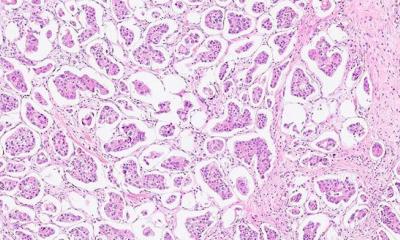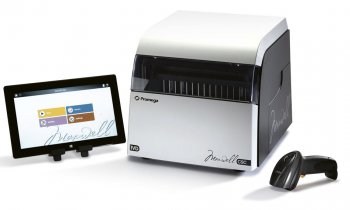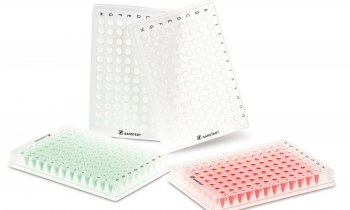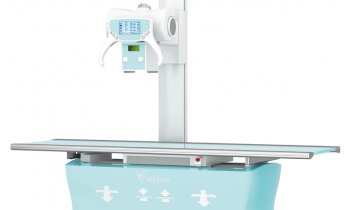© Iryna – stock.adobe.com
News • Genomic care in the NICU
World record for fastest whole genome sequencing paves the way for POCT usage
Boston Children’s Hospital, along with Broad Clinical Labs and Roche Sequencing Solutions, has demonstrated that rapid genomic sequencing and interpretation are achievable in a matter of hours.
This milestone not only sets an official world record for the fastest human whole genome sequencing to date but represents a significant clinical development that would expedite more precise treatments to critically ill babies in the NICU. The team’s pilot data was published in the New England Journal of Medicine.
Current clinically available rapid genomic sequencing options take days (from sample receipt to report) at best, yet many critical care decisions in the NICU need to occur within a matter of hours. While there have been prior demonstrations of genome-sequencing within hours, none up to now have been scalable or feasible for routine use.
In the NICU, a few hours could mean the difference between unnecessary procedures and targeted, life-saving treatment
Monica Wojcik
“Our pilot simulates a workflow through which we could feasibly send out a genome sequencing sample from a baby in the morning and have the diagnosis/report that same afternoon,” said Monica Wojcik, MD, MPH, Attending Physician, Divisions of Newborn Medicine and Genetics and Genomics at Boston Children’s and the study’s first author. “This would truly be game-changing for rare disease diagnoses for our families, who are currently waiting for a week - at best - for diagnoses for their critically ill babies.”
Broad Clinical Labs team used Roche Sequencing Solutions’ sequencing by expansion (SBX) prototype to sequence and analyze 15 human samples, including 5 historical cases from the Boston Children's Manton Center (where Dr. Wojcik is the Medical Director) and 7 from the Boston Children’s NICU. They achieved remarkable speed in processing the samples, with the fastest taking less than four hours to get data on the genetic variants from the extracted DNA.
“In the NICU, a few hours could mean the difference between unnecessary procedures and targeted, life-saving treatment,” continued Wojcik. “The results of this study bring geneticists and clinicians one step closer to integrating point-of-care genome sequencing into the standard of care for critical care settings.”
Source: Boston Children's Hospital
17.10.2025











